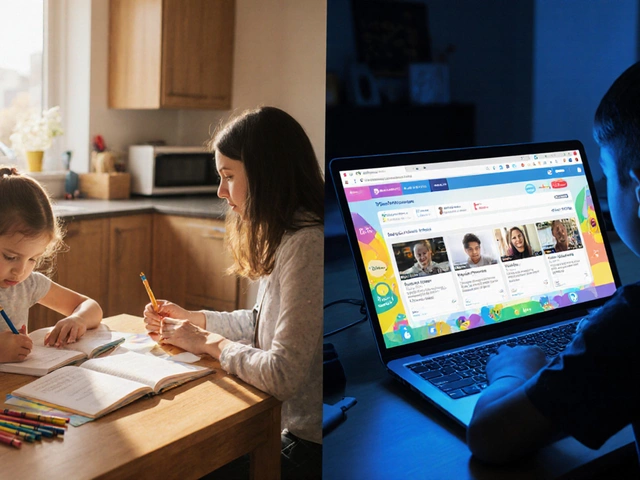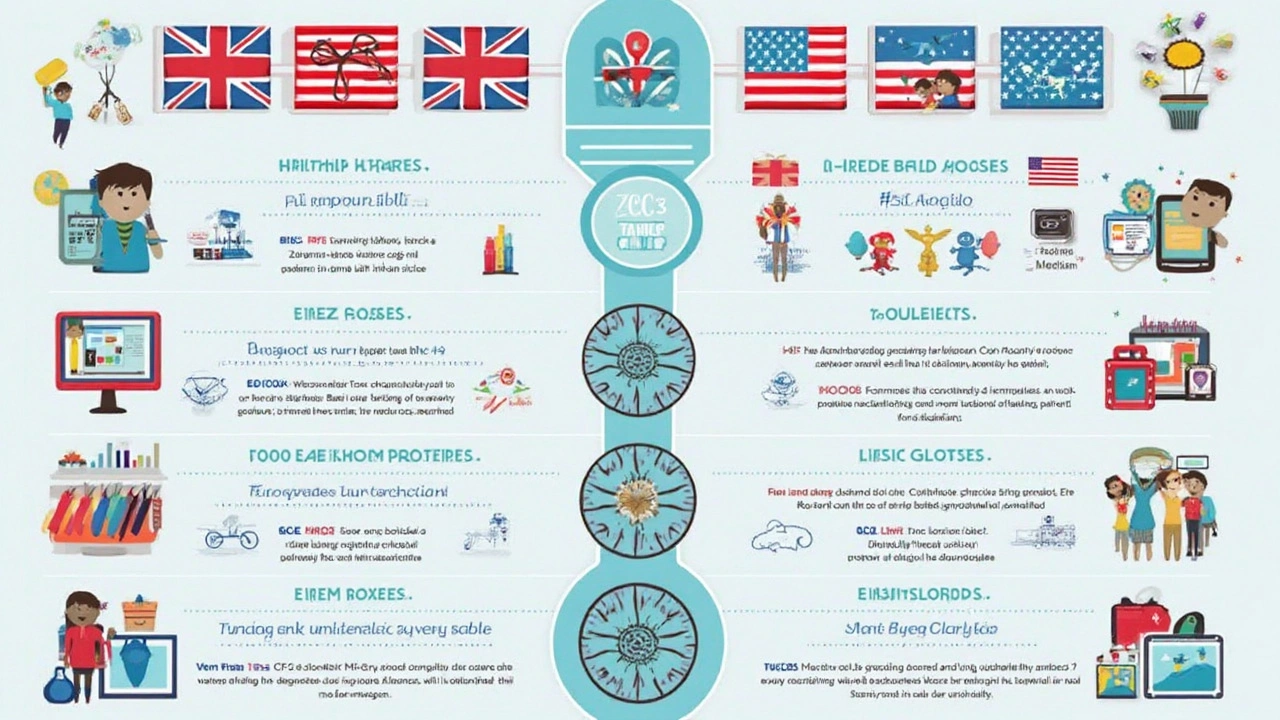GCSE Guides, Tips, and Resources for Better Grades
Feeling the pressure of your GCSEs? You’re not alone. Most students hit a wall somewhere between learning the material and actually remembering it for the exam. This page cuts the fluff and gives you straight‑forward actions you can start today to see real improvement.
How to Plan Your GCSE Revision
The first step is a simple plan. Grab a calendar – even a paper one works – and block out 30‑minute study slots for each subject. Keep the blocks short; research shows that 25‑30 minutes of focused work beats a marathon session. After each block, take a 5‑minute break to stretch or grab a drink – it resets your brain.
Next, use active recall. Instead of rereading notes, close the book and write down everything you remember about a topic. Then check your notes to see what you missed. This technique forces your brain to retrieve information, which strengthens memory far better than passive reading.
Practice past papers under timed conditions. Pick a paper, set a timer, and treat it like the real exam. When you finish, mark it yourself or use the answer key. Spotting the gaps now saves you from surprise questions later. Rotate subjects each day so you stay fresh and avoid burnout.
Top Resources to Speed Up Your Study
Free resources are everywhere. Websites like BBC Bitesize break the syllabus into bite‑size videos and quizzes. For deeper dives, check out revision apps such as Quizlet – you can create flashcards or use sets made by other students. YouTube channels like "Mr Salles" and "HegartyMaths" explain tricky concepts in plain English, and the videos are short enough to fit into a break.
Don’t forget your textbook’s revision guide – most come with practice questions and summary tables. If you prefer paper‑less study, download PDF revision notes from your school’s portal or from reputable education sites. Form a study group with a few friends; teaching each other is a powerful way to lock knowledge in.
On the day of the exam, stick to basics: get a good night’s sleep, eat a balanced breakfast, and arrive early. Bring only the essentials – pens, pencil, calculator (if allowed), and your ID. Read each question carefully, underline key words, and allocate time based on marks. If you get stuck, move on and return later – it keeps anxiety low.
After the exam, take a moment to reflect. Jot down what worked and what didn’t in your revision. Those notes become a personal cheat sheet for the next set of exams or for future study habits.
GCSEs can feel daunting, but with a clear plan, active practice, and the right resources, you can turn stress into solid results. Start small, stay consistent, and watch your confidence grow. Good luck!












